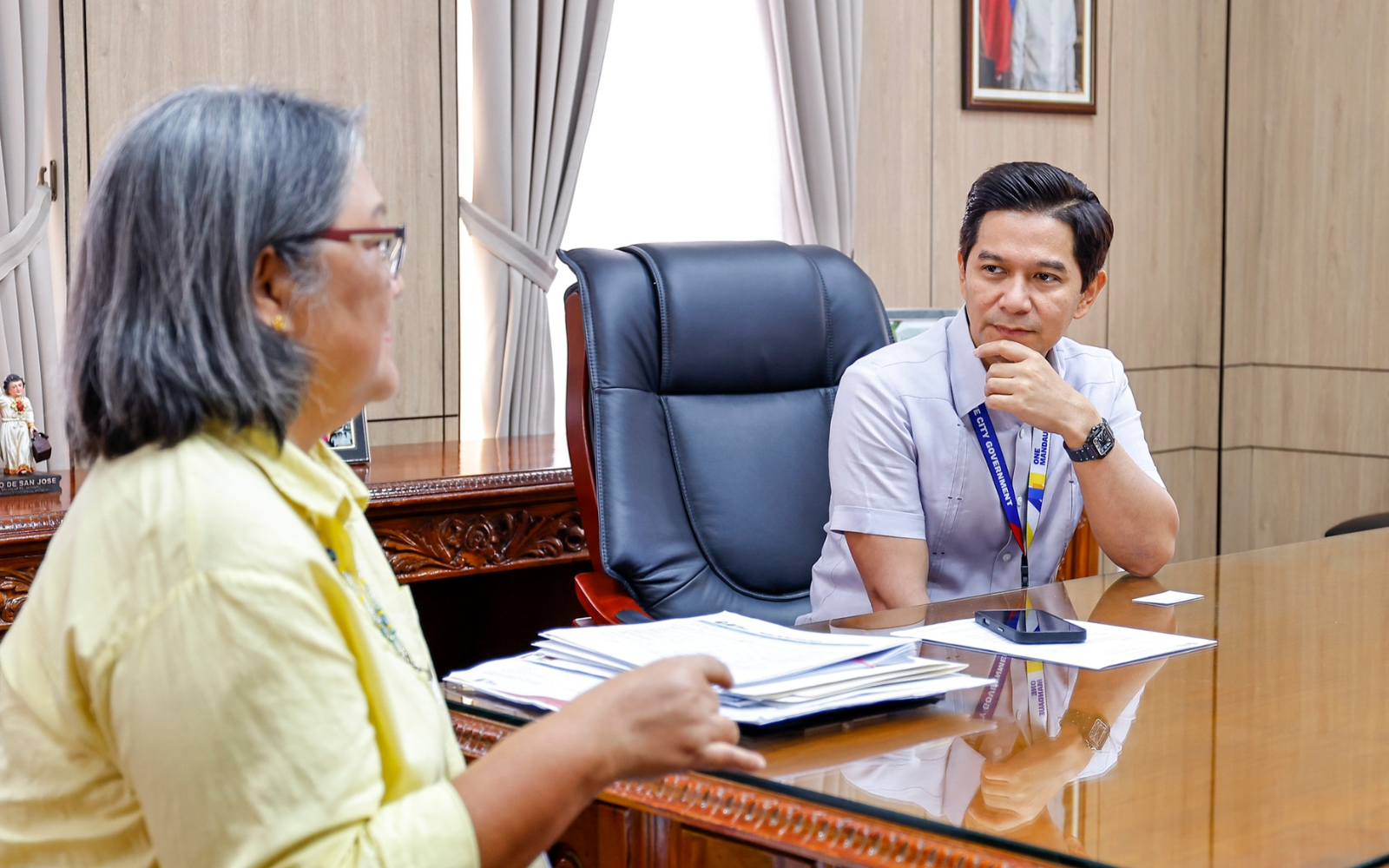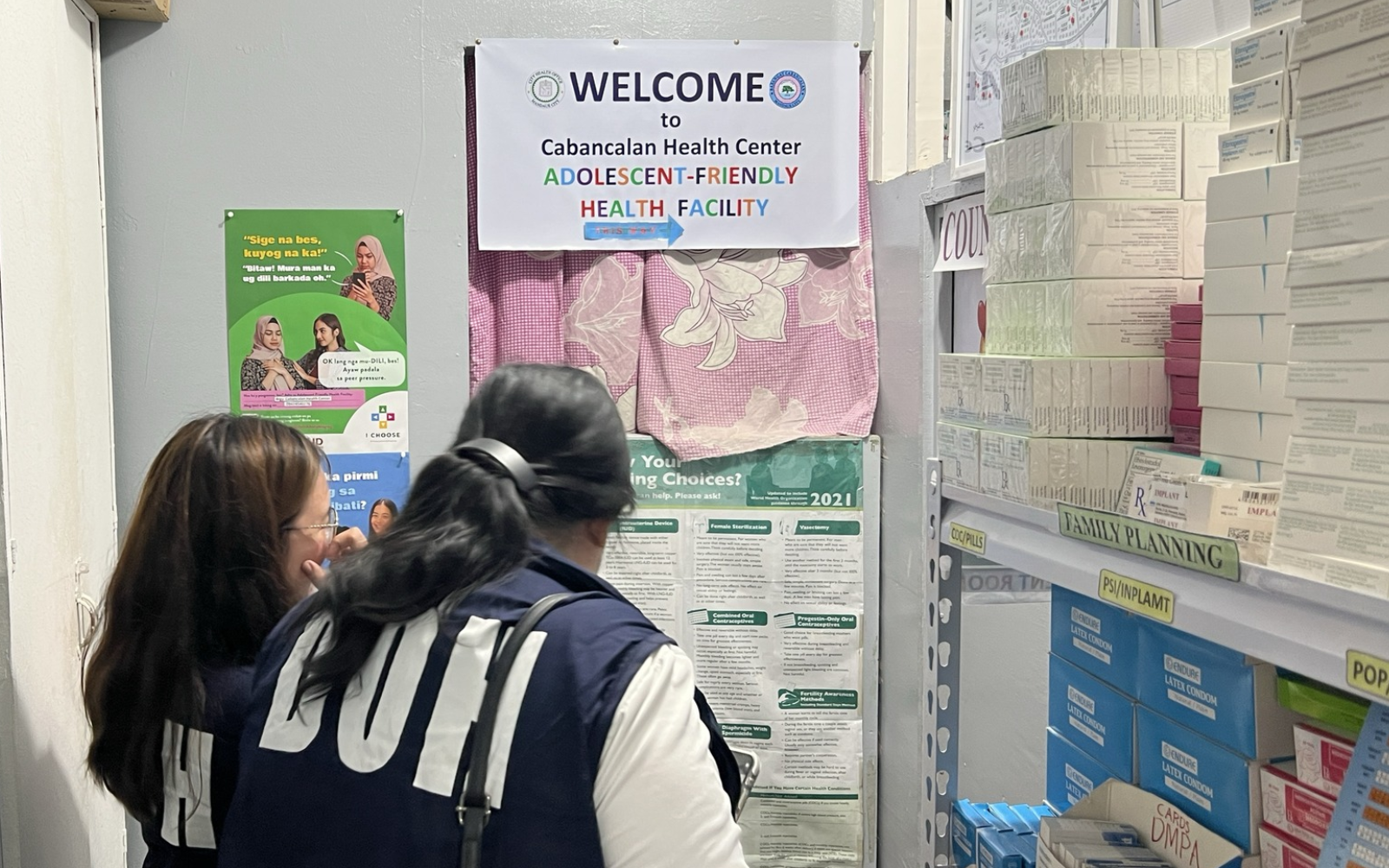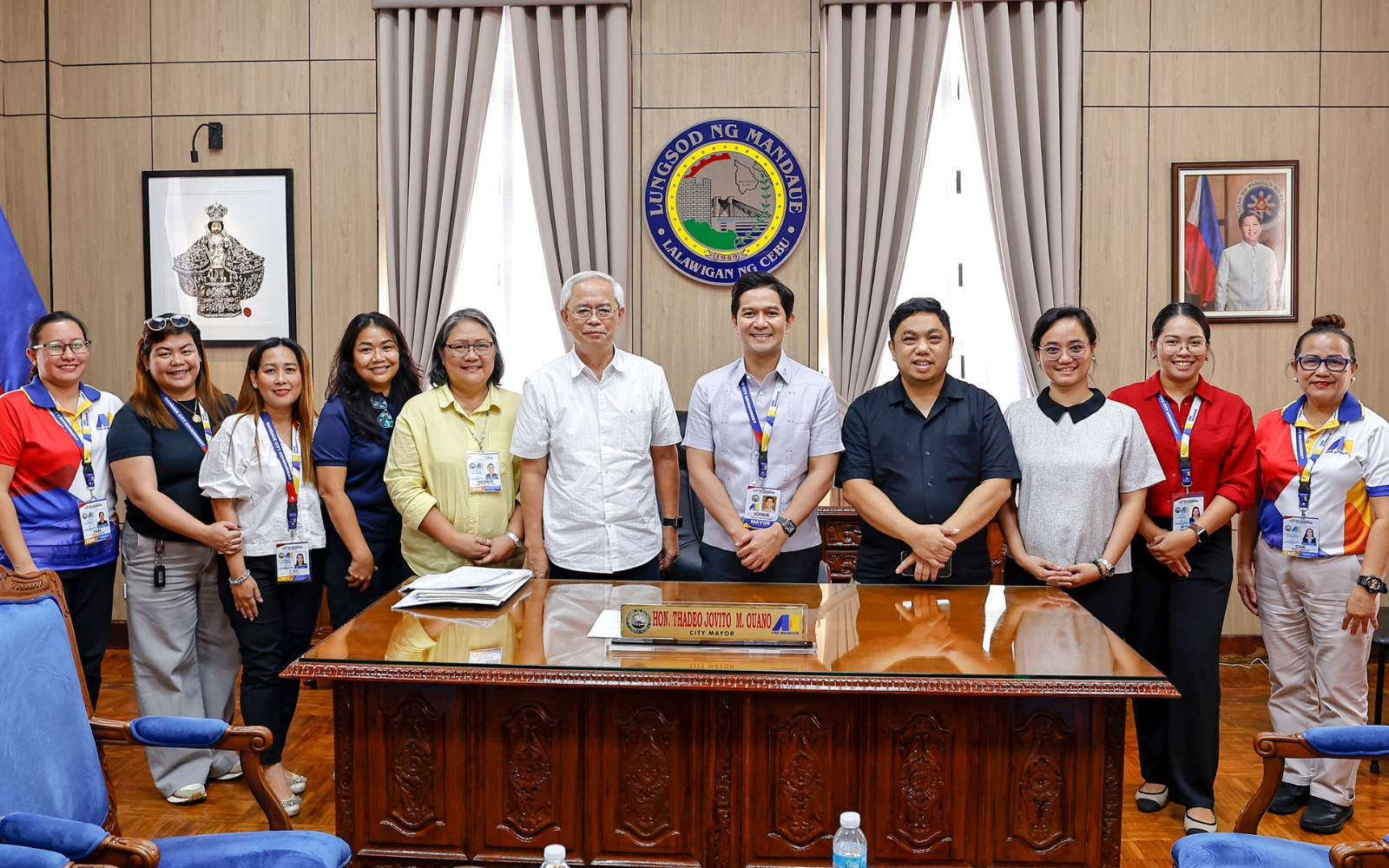Mandaue City’s Path Toward Sustainable Family Planning and Adolescent Health
Insights from the Field | by Dr. Anthony Faraon

The Zuellig Family Foundation, through its The Challenge Initiative (TCI)-Philippines team, met with Mandaue City Mayor Thadeo Jovito “Jonkie” Ouano, City Health Officer Dr. Debra Maria Catulong, and the dedicated staff of the City Health Office. The discussion highlighted the city’s steady progress in advancing family planning and adolescent health services over the past two years, while also laying out a shared vision to sustain and build on these gains in the years to come.
Bringing Services Closer to Families
When Mandaue City first joined TCI in 2023, access to family planning was limited. Only five midwives in the entire city had the skills to provide certain contraceptive services, and residents often had to travel far or wait for schedules to receive care. Today, that situation has been transformed. All 27 barangay health centers now have trained midwives, nurses, and doctors who can provide modern contraceptives on a daily basis.
This decentralization of services has had a direct impact on families. The city’s modern contraceptive prevalence rate has risen from 19 percent in 2020 to 30 percent in 2024—meeting the national target. Behind these numbers are women who are better able to space their pregnancies, parents who can provide for their families with greater stability, and adolescents who can make informed choices about their futures.
Related articles:
- Mandaue City Redefines Reproductive Care through Women’s Health Caravan
- Eight Cities Share Success in Family Planning and Adolescent Health
Making Services Adolescent-Friendly
The city also recognized early on that adolescents face distinct barriers when seeking health services. Young people often hesitate to ask for help because of stigma or fear of being judged. To address this, Mandaue invested in adolescent-friendly health services (AFHS), redesigning facilities to ensure privacy and training staff to listen and respond without judgment.
As of today, ten barangays have already achieved certification from the Department of Health as adolescent-friendly, and the rest are moving toward the same goal. With these changes, adolescents in Mandaue are finding spaces where they feel welcome, safe, and respected.

Integrating Family Planning into Everyday Care
A significant innovation in Mandaue has been the integration of family planning into the full range of health activities. Whether through immunization drives, cancer screenings, or women’s health check-ups, family planning has become part of routine care. This approach helps normalize conversations about reproductive health and ensures that no opportunity is missed to provide information and services.
Investing in Sustainability
The city has also demonstrated strong political and financial commitment. From 2.5 million pesos in 2024, the budget for family planning and adolescent health rose to 12 million pesos in 2025—a fivefold increase. This reflects both the prioritization of reproductive health and the recognition of its importance in improving overall well-being.
At the same time, Mandaue is pursuing PhilHealth accreditation for its facilities and providers. This will allow reimbursements to flow back into the health system, creating a financial cycle that sustains services over time. Coupled with the Special Health Fund under Universal Health Care, the city is positioning itself for long-term continuity of family planning and adolescent health programs.
Key Lessons from Mandaue’s Experience
Several lessons stand out from Mandaue City’s journey. Strong local leadership, led by the mayor and supported by the city council, has been central to accelerating reforms. Systems change is possible when local governments commit to decentralization, integration, and youth-friendly service delivery. Listening to adolescents and families has helped ensure that services are relevant and stigma-free. Finally, financial sustainability must be built deliberately, as demonstrated by the city’s budget increases and its pursuit of PhilHealth reimbursements.
Looking Ahead
Despite these successes, challenges remain. The city aims to achieve adolescent-friendly certification across all barangays, expand peer education networks, and continue strengthening data quality and use. Ensuring a consistent supply of commodities and fully utilizing available budgets will also be critical to sustaining progress.
What is most notable is the sense of ownership within Mandaue City. Local leaders, health workers, and communities see these programs not as external projects but as their own responsibility. This perspective is the clearest sign that sustainability is within reach.
Mandaue City’s story is one of determination, innovation, and leadership. From expanding access to family planning, to creating youth-friendly spaces, to embedding sustainability through financing, the city has demonstrated how local governments can drive meaningful health reforms.
By making services more accessible to families and more welcoming to adolescents, Mandaue is showing what it means to build a healthier and more empowered community. Its experience serves as a model for other cities in the Philippines—and beyond—on how to combine political will, systems strengthening, and community-centered design to achieve lasting impact.
Meeting photos from: Mandaue City Public Affairs Office
